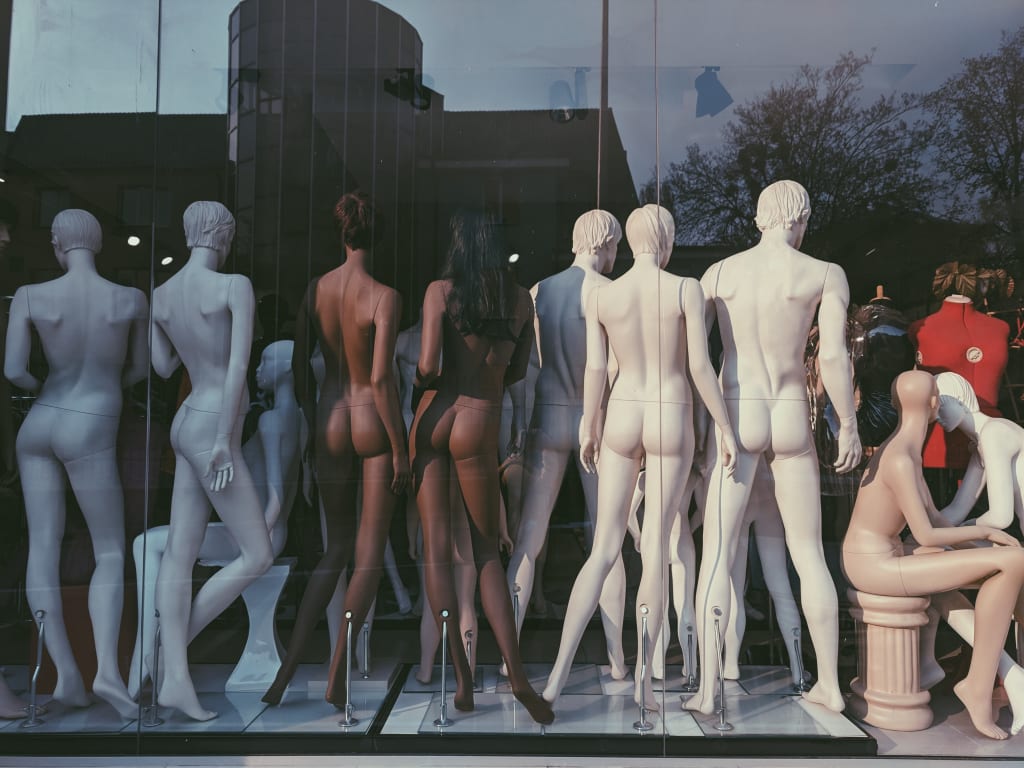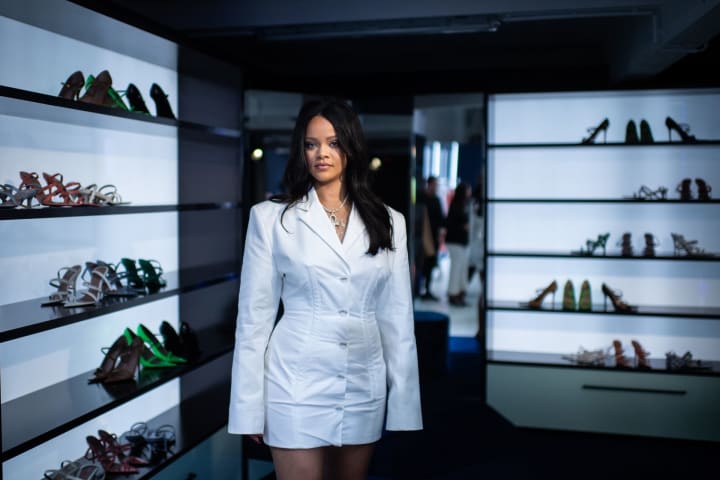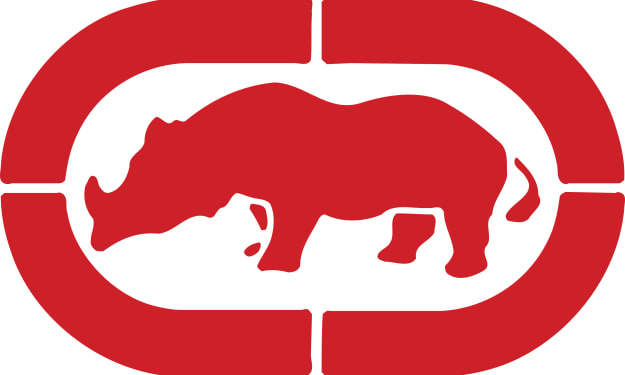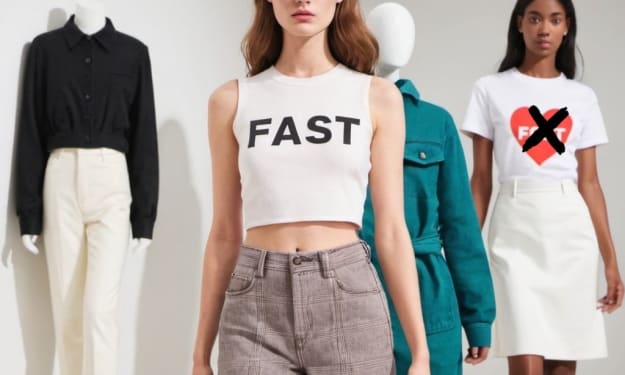Luxury Fashion Labels: The Good, the Bad and the Discriminatory
Has racism become the latest marketing trend?

It probably won't be shocking, or even remotely surprising, when I tell you that there are different attitudes regarding black-owned, and white-owned luxury fashion labels. Whilst white-owed brands are likely to get away with whatever they want in terms of marketing, prices and design, it's been made clear that there is a different standard and set of expectations reserved for black-owned brands and businesses.
With social media usage on an increasing uprise when it comes to forming trends, circling advertisements and global discussions, high-end fashion labels have chosen a new alternative to market their seasonal collections: Black outrage. I know, I know, at one point I too questioned why a brand would intentionally put their reputation at risk with controversial and frankly racist visuals... but then I began to see how well it worked in their favour.

There have been far too many instances in which brands have released distasteful, offensive and discriminatory fashions and advertisement, to the point where we have to accept that it may just be intentional, and they probably just don't give a damn.
Picture H&M's scandal in which an adolescent black boy sported a "coolest monkey in the jungle" hoodie.
I may not be a fashion mogul or designer, but it doesn't take a genius to know that between the stage of drawing up and brainstorming designs to selling them in stores and displaying on runways, there are a lot of people that get to see and voice their opinion on the fashions—and you mean to tell me that not one single person went "Hey, this may be a bit racist and probably won't be received well."
It's as if there's now a routine (or marketing plan) in which labels will produce racist imagery to deliberately prompt outrage, which would then cause a huge amount of buzz and brand discussion across social media platforms. Then of course, once the online black community has weighed in and threatened to boycott during their momentary fury, the brand is quick to dish out a weak apology promising to uphold their values regarding diversity and to do better in the future.
So where does that leave everything? Well, the label will continue to put out whichever fashions they want, except this time with a greater audience watching in anticipation. They'll continue to profit over their extortionate prices and luxury labels that give their customers a sense of superiority, and of course, the black community will continuously be degraded as a marketing ploy, because we're expected to battle every single racist on the planet, and in turn, get their products trending and on headlines.
How does the saying go again? All publicity is good publicity.
Whilst bad publicity sure is successful, particularly for rich, luxurious, white-owned companies which fuel people's need to feel superior when rocking their generic belt or scarf, we can't continue to ignore the deeper, more significant effects that this has on society, those being: the debate on what is considered racist, the growing idea that people can say something racist, but calling them a racist is "a bit of a stretch," and giving people who aren't black the power to accept apologies and excuse racism on behalf of the targeted community.

Rihanna at a Fenty promotional event in Paris in May 2019 (Photo by Martin BUREAU / AFP)
So where, do black-owned businesses come into this? Well, it takes no genius to recognise that black owned businesses aren't likely to be deemed as "luxury" to begin with... take a look around and tell me how many you see... On top of this, when black-owned businesses try to enter the gold label market and charge similar luxury prices, the public often feels less willing to part with their money.
Rihanna— the multi-talented Fenty Beauty curator—recently became the first black woman in charge of a grand luxury fashion house (in Paris, might I add), when she expanded her Fenty empire to include her new luxury fashion label Fenty LVMH. Yet despite her explicitly entering a gold label fashion market, it became clear that people were upset with the gold label prices. But why? Why is it that black-owned businessmen and women are expected to lower their product value and price point, but nobody would second guess paying hundreds or thousands for a designer bag with a white man's label on it?
Perhaps it's a perception that's so ingrained in society, in which we view white-owned products as higher in value and created for white people in particular, that causes black businesswomen and men to feel obligated to lower their price points to cater to their own people. Or maybe it's because more often than not, society's elite consists of caucasian men and women who can effortlessly afford high fashion, making others with much lower incomes feel as though a pair of high priced designer shoes is the ultimate symbol of success... maybe I'll discuss label-shaming and this false sense of poverty another time.






Comments
There are no comments for this story
Be the first to respond and start the conversation.